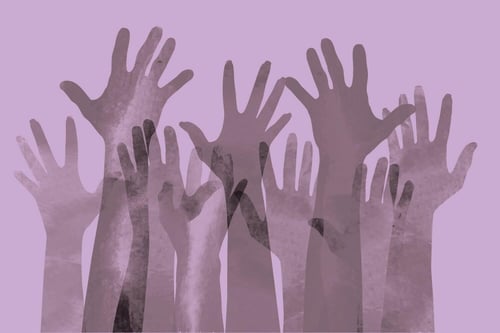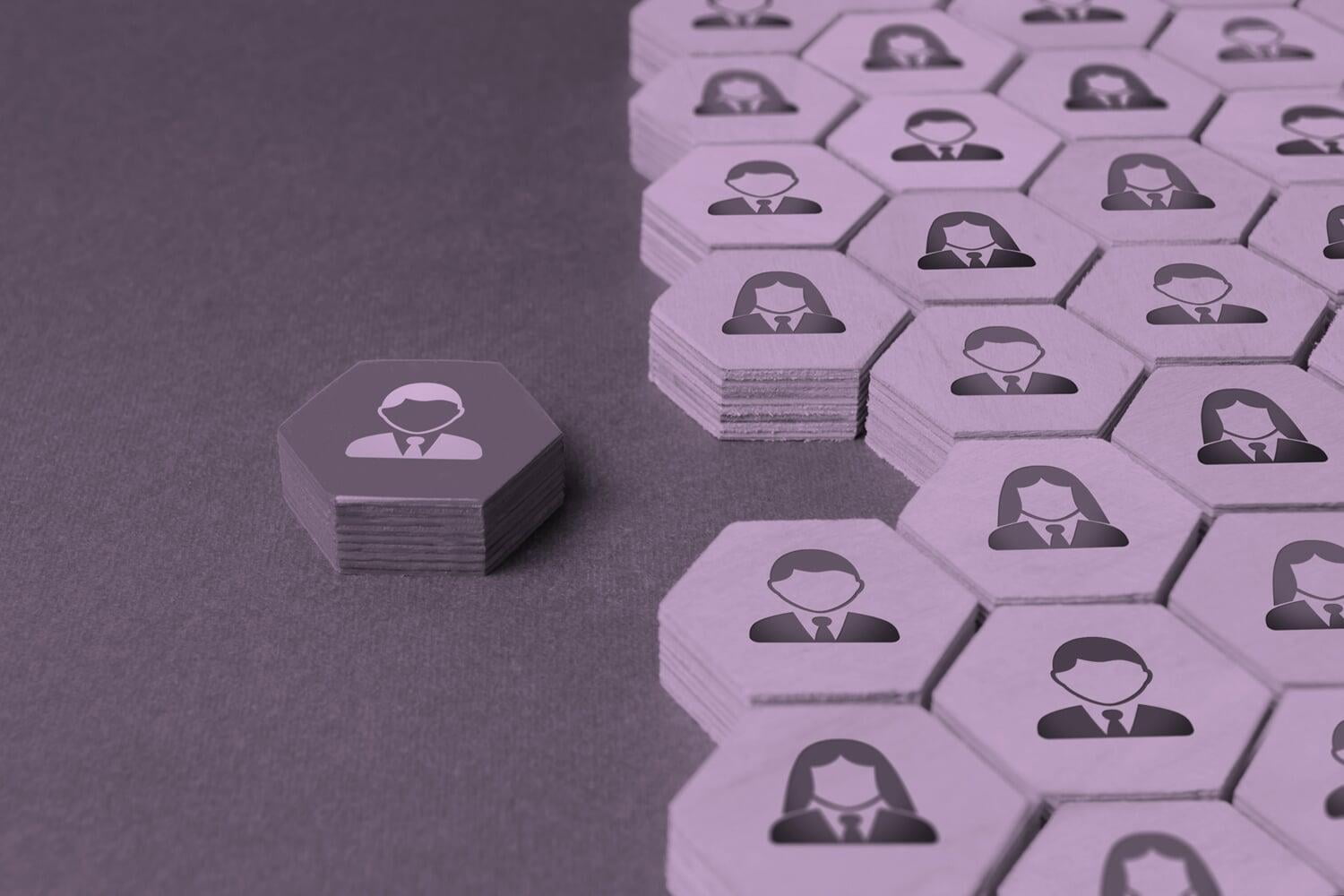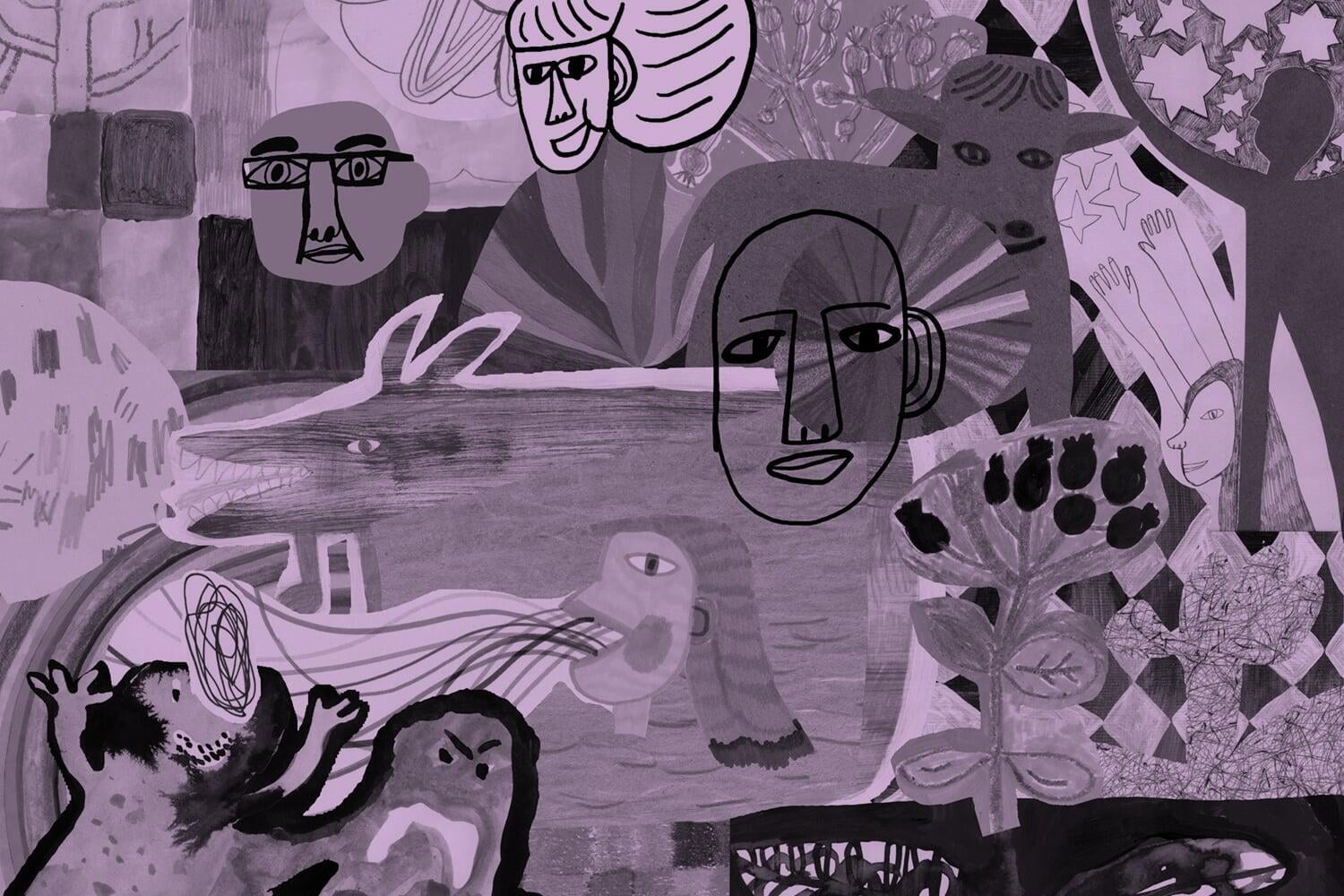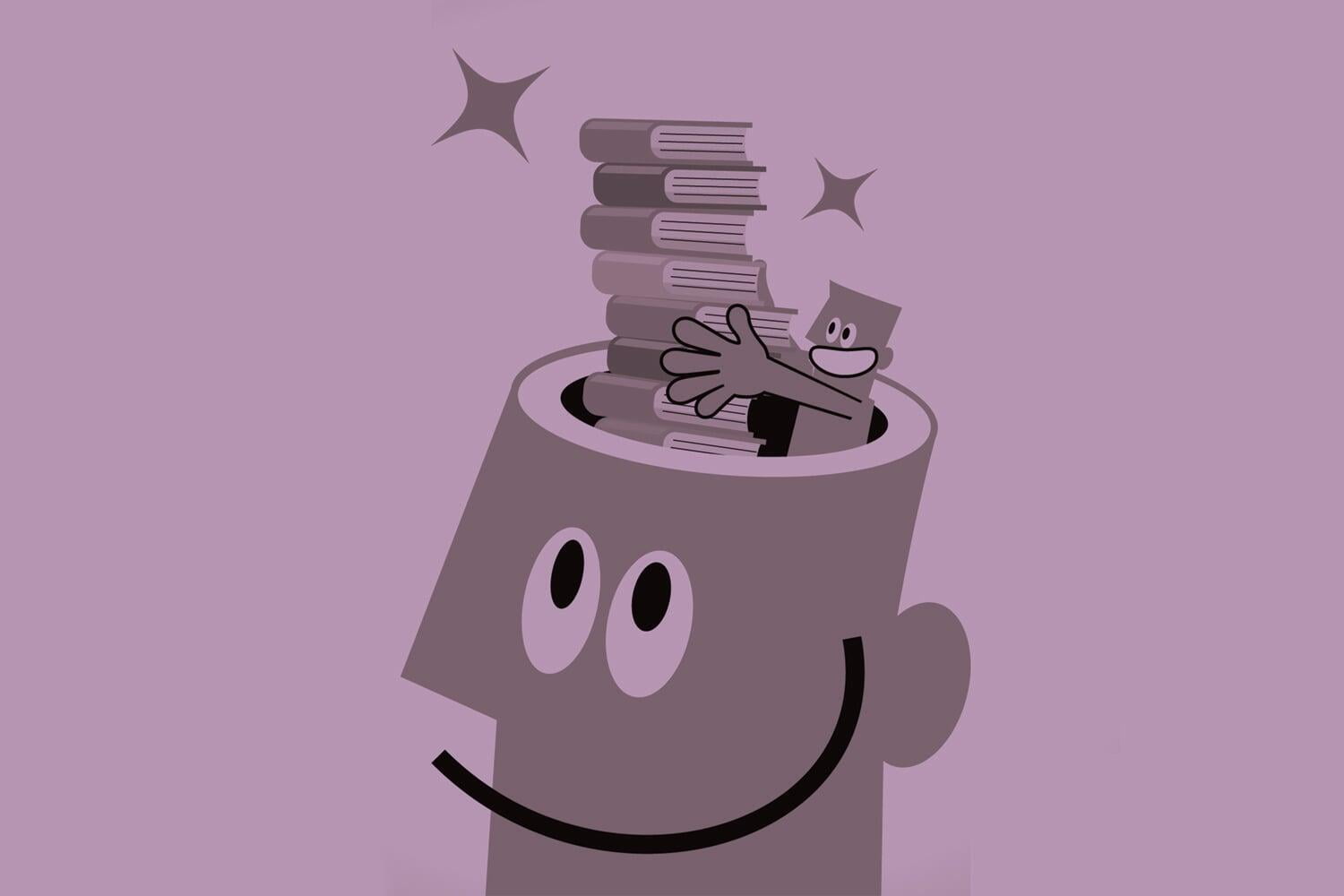The Way | Learn | The Purpose of Teachers
A Curriculum For Character Learning
A curriculum for character learning brings commitment, unity, and alignment to our shared educational endeavour. We believe that what our teachers think, feel, and understand about character shapes the output of the work we might do as a school in educating our graduates. Their perspectives of, intentions towards, and understanding of the notion of character deeply influence their responses towards the importance, function, and, most significantly, the purpose of character education so that these become more fully aligned with the mission of the school and the deeper practice of the profession. At the same time, this individual practice must operate within a consistent and evidence- based system of language, curricular intent, and professional interaction that ensures that what is being done in terms of character education brings the greatest benefit to the greatest number of learners. The work of the individual educator, therefore, needs to be situated particularly within an agreed curriculum for character learning that is buoyed by a shared language. Any individual and collective perspectives on character education need to be grounded in evidence.

On the other hand, a free-for-all in relation to the choice of subject for character education and its contextualisation would not work either. We need a sensible way to shape our thinking about how the learning programs and processes of a school might do this job of preparing the graduates of our schools to be fit for purpose by equipping them to realise their own character while also replicating the character expected of them by others in terms of a sense of belonging developed in response to their meeting civic obligations, the fulfilment of potential through the increasing attainment of performance standards, and the capacity to reflect on what is good and right for them to do in their lives, especially in the light of their ongoing moral challenges. To this end, we propose a curriculum for character learning in fit for purpose 21C schools. This incipient curriculum is grounded in six core values of meaning, authenticity, transformation, sustainability, service, and relationships, each of which is articulated into a specific and tangible quality. In turn, we propose tangible learning outcomes within a conceptual curriculum that are drawn in terms of the CCR's four-dimensional model of knowledge, skills, character, and learning habits.
Meaningfulness - "for good"
Purpose: I have a coherent set of values and beliefs that guide me to do the right thing.
Process: I am grounded in learning about character that helps me acquire:
- Knowledge of how individuals and communities construct their sense of identity, values, and ethics
- Skills in encouraging civic, performance and moral character in myself and others duty and self-discipline required for a purpose-driven and virtuous life
- Capacity to reflect on the integrity of my character competence
Practice: I am a person of good character.
Authenticity - "for real"
Purpose: I translate vision into a shared story of progress.
Process: I am grounded in learning about narrative that helps me acquire:
- Knowledge of how to motivate, influence and direct the actions of others towards willingly achieving a shared goal
- Skills in communicating with others about the object and subject of their leadership mission
- Disposition towards maintaining a focus on long term vision
- Capacity to reflect on how I use my communication competency to speak to complexity
Practice: I am a leader for the future.
Transformation - "for change"
Purpose: I am committed to continuing to grow and improve throughout my life.
Process: I am grounded in learning about transformation that helps me acquire:
- Knowledge of approaches to learning that build adaptive expertise and self-efficacy
- Skills in successful research, development, and the implementation of new ideas
- Disposition towards action and taking positive steps towards progress
- Capacity to reflect on the relationship between my change readiness competency and my personal growth
Practice: I am prepared for a lifetime of learning and unlearning.
Sustainability - "for tomorrow"
Purpose: I think carefully to generate practical and workable answers to challenging questions.
Process: I am grounded in learning about expectation that helps me acquire:
- Knowledge of tangible models for achieving desirable process and product outcomes
- Skills in considering and evaluating a range of possible options
- Disposition towards assessing the impact of solutions on the basis of both evidence and judgment
- Capacity to reflect on the success of my critical and creative thinking competency in giving me appropriate direction
Practice: I design and generate effective solutions.
Service - "for love"
Purpose: I am prepared to put the common interest and the needs of others before myself
Process: I am grounded in learning about intent that helps me acquire:
- Knowledge of the needs of others and how best to meet them
- Skills in discerning pathways, systems and processes that grow others and nurture our environment on our journey towards a preferred future
- Disposition towards promoting shared goals and culture over personal ambitions
- Capacity to reflect on the balanced perspective of my citizenship competency
Practice: I am a responsible citizen.
Relationship - "for others"
Purpose: I recognise our common humanity and work to enhance it.
Process: I am grounded in learning about teams that helps me acquire:
- Knowledge of how people live well in community with each other
- Skills that support positive interactions between individuals and groups within a community of inquiry and practice
- Disposition towards achieving shared goals for wellbeing through processes that enhance collective connection and coherence
- Capacity to reflect on the relational quality of my collaboration competency
Practice: I know how to build and work well within teams.
These values and learning outcomes are, themselves, the next levels of the six corridors of the emerging framework for character education that we identified at the end of the previous chapter. A good person of integrity learns to exercise character competency through a curriculum focused on meaning. The future builder whose communication competency helps him to navigate complexity learns through content founded on authenticity. The growth of the continuous learner and unlearner is nurtured by change readiness competency that is based on a curriculum of transformation. The direction of the solution architect, who uses creative and critical thinking competency, is enriched by learning about sustainability. The perspective at the heart of the local, regional and global citizen’s competency comes from learning about and through service. The team creator’s relationality is revealed by collaboration competence that is strengthened by learning in and for relationship.
An education for character needs to exemplify the relationship between realisation and replication that learners go through when forming their character
In addition, while we might hope for young people who can demonstrate the outcomes, competencies and qualities of all six corridors with confidence, it is unrealistic to expect all six to be exercised with equal fluency at all times. We can default to some and struggle with others. What came naturally yesterday might prove challenging today. As with all of the tides of our lives, there is a natural ebb and flow and a muddying of the waters. This variability of the lived experience impels a respect for the essentially organic nature of much of character education. As we will see, there is just as much a role for the responsive and spontaneous as there is for the planned and prepared learning of character. Any curriculum for character needs sufficient flexibility to allow for natural variation and flow in learning without privileging one over the other – we need both organic and directive learning to occur and, therefore, we need our curriculum to be deliberate, targeted and intention about how the accretion of character might operate in the reality of our experiential model of character education.
This proposed curriculum for character learning provides, therefore, the essential content of the whole framework for character education and answers the question: “What should whole people learn about their character?” It is, most likely, not ‘complete’ as a curriculum. It is probably not possible for any such framework to be able to substantiate that claim. Nonetheless, based on the wide field of responses within our work in this area, this general understanding of a curriculum for character provides a starting point for schools to contextualise the general with the specific content that carries the greatest relevance to them. They can then develop the programs that make the greatest sense to them and apply them across their curriculum, co-curriculum and extra-curriculum in a manner that is respectful and empowering of the multiple dispositions that are extant in their faculties and wider communities that we referred to earlier in this chapter. We named six of them, though there may well be more.
We cannot deny that these different dispositions in relation to the importance of and rationale for character education exist, nor is it healthy to compel all to hold the same point of view. A community enriched by a diversity of views on character and character education is reflective of society. It is in the exchange of ideas and the ongoing debate about their validity and application that we see the greatest potential for the ongoing improvement in what we do. Uniformity and conformity lead too easily to compliance and stagnation in culture. Even in the most conservative of school communities, there is a need for adaptation of long-held principles to changing contexts.
So, we are continuing to learn how to teach for and measure character development, therefore, we also need to be cognisant of the impact of subjectivity on our practice. Many character educators are deeply committed to improving the character of their students and this sense of purpose flows into their work. It is appropriate for there to be a range of views within any group of teachers on the purpose of character education just as there would be in broader society itself. On the other hand, most educators currently are unaware of the extent to which their work in character education is largely based on personal preference and situational judgment that is justified on the basis of powerful personal anecdotes that speak to isolated examples of success, as opposed to reflective, evidence- based, and transparent practice that speaks to consistency and quality in building competencies across the board.
What we are saying, therefore, is that an education for character needs to exemplify the relationship between realisation and replication that learners go through when forming their character. The educational process itself occurs in an environment where practitioners must both realise their own practice while replicating the vision, vocabulary, expectations and culture shared by a whole community of inquiry and practice.






